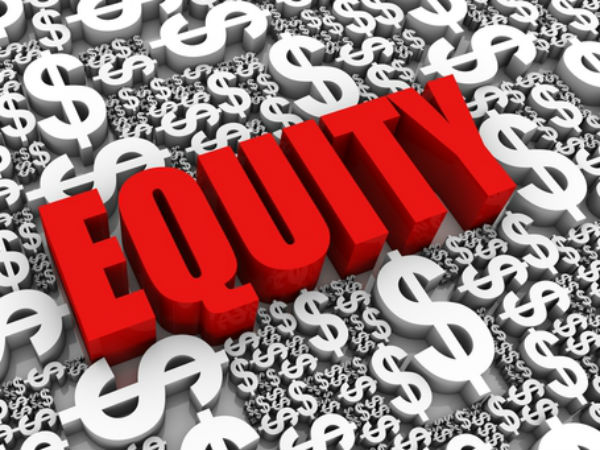What is Asset Allocation?
Asset allocation is a strategy to diversify your investments to balance the risk and reward as per your investment goal and risk appetite. Asset classes can mainly be categorized as equities, fixed-in
Asset allocation is a strategy to diversify your investments to balance the risk and reward as per your investment goal and risk appetite. Asset classes can mainly be categorized as equities, fixed-income, and cash and equivalents. Each of these has its own risk and reward parameters.

Equities
This is your investment in shares of companies. The returns are high, but it depends on what kind of equities you choose to put your money in. It could also be equity mutual funds. You could invest in a Large cap, mid-cap or small-cap equities.
Cap here means capitalization. Capitalisation is the price of the individual stocks multiplied by the number of outstanding shares. In other words, the price of the individual share multiplied by the number of shares that have already been purchased by investors.
Large caps constitute companies that have been in business for a long time and have established themselves as market leaders. Investing in these are considered safe, and there would be less fluctuation in their values. The ones listed in S&P BSE 100 are large caps and include names like Infosys and HDFC.
Mid-caps are considered to be in their growth phase. These companies could become tomorrow's success story rewarding you high returns on your shares. The share prices could grow at a faster rate compared to large caps. Investing in these could be considered as a moderate risk.
Small caps are new businesses whose future could go both ways. These shares are cheap and should be invested in after thorough research on its management, type of industry, the capacity to strive crisis, etc. These could become top gainers and reward you highly in a short period or leave you facing high losses.

Fixed income
A type of investment where the borrower is obliged to make regular payments of a fixed amount at regular intervals. Most common examples are government or corporate bonds.

Cash or cash equivalents:
These are the most liquid of all your assets. It is ideal for emergency expenses. You could choose to keep your money in cash as a bank deposit or put it in Certificate of Deposit.


Factors to consider in asset allocation
Investment Goal:
You could be aiming at buying a car in a year, or a house in ten years or saving up for your retirement. You need to place in the time factor and the amount of return you are aiming for.
For a retirement plan, you will choose a safe investment which will take over two decades to give you the required returns.
Age:
An investor in his/her 20s can afford to take risks and will have different life goals when compared to someone in the 40s. In your 20s you are start with a greater allocation to high-risk investments and gradually move to conservative investments that are aimed at humble and steady returns.
Risk Appetite:
You already know that we can make significant profits as well as terrible losses in investment. Diversify fund investment according to how much money you can afford to risk. For those without dependents can have a portfolio that includes 70% stocks.
Also, look at past performance of the stock. Aged stocks bring less risk and steady rise to your investment.
































